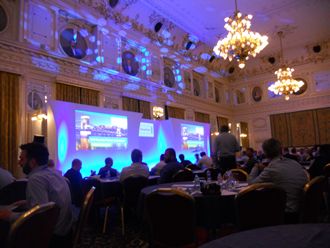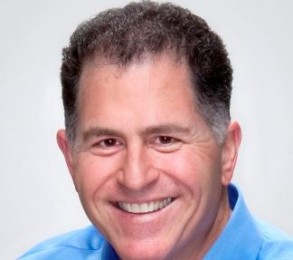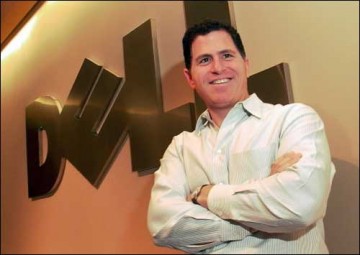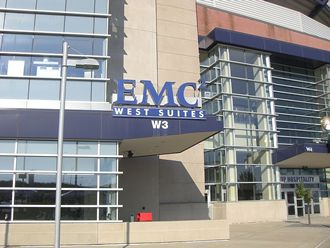 Dell EMC has confirmed that Sarah Shields has the top job running its UK and Ireland channel.
Dell EMC has confirmed that Sarah Shields has the top job running its UK and Ireland channel.
Shields ran the local channel for Dell and was facing off against Kevin Sparks her EMC counterpart. It is not clear what his role will now be in the glorious new empire. Dell says it will be making any announcement about his role in the future. We hope he does not get special projects, with an office in the lift.
She officially takes control in February and will head up a new Dell EMC partner programme. Of course, Dell says that its new cunning plan was built in “collaboration” with its “partners” that sell its stuff.
Dell EMEA channel overlord, Michael Collins claimed that resellers, integrators and distributors had seen “significant [sales] growth” under Shields over the past 19 months.
Shields joined Dell, from Gateway in 2008 and has run the consumer, online, SMB and enterprise channels. Before Gateway, where she was as European sales director she had been a business manager at Acer and channel manager at AMD.














